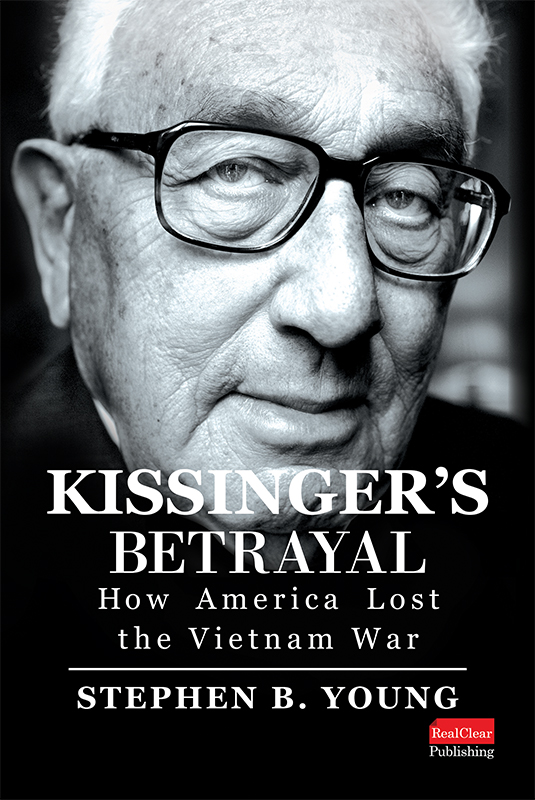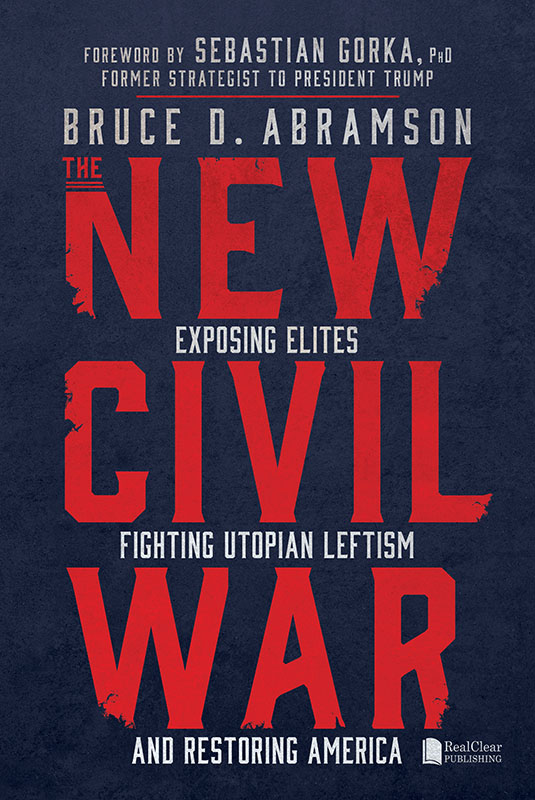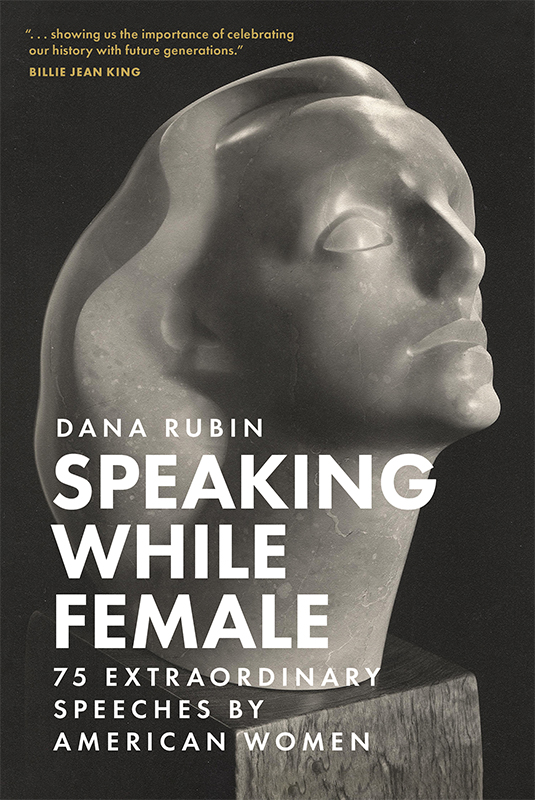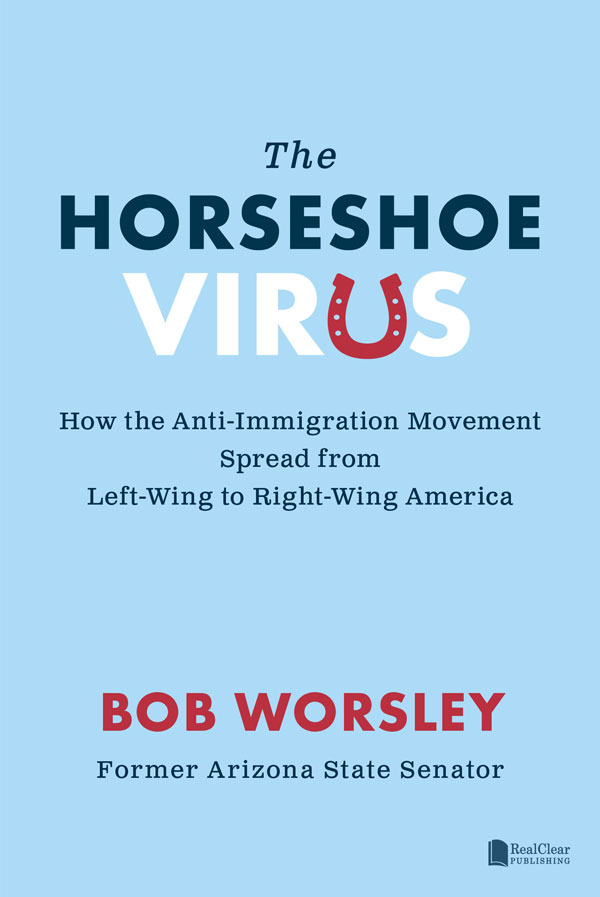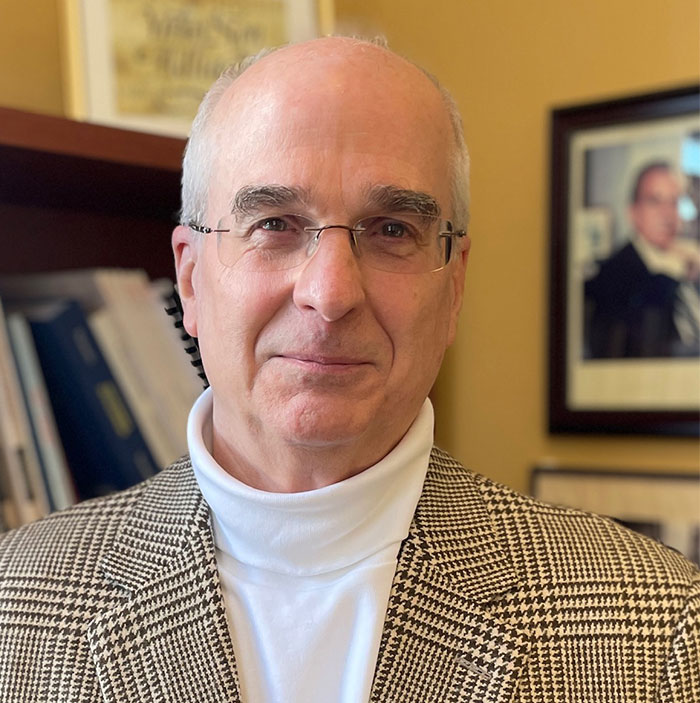Kissinger’s Betrayal: How America Lost the Vietnam War
What really happened in Vietnam?
For five decades, conventional wisdom about the Vietnam War has been that it was lost because it never could have been won. South Vietnam was doomed to defeat. The American effort was a foreign intrusion forever incapable of winning the “hearts and minds” of the South Vietnamese people.
But what if South Vietnam was defeated not because of its own shortcomings but because it was betrayed by a secret deal made behind its back?
Deeply researched and compellingly argued, Kissinger’s Betrayal uses once-secret files of the American ambassador to South Vietnam and long-overlooked documents from official government archives—including the foreign ministry of the Soviet Union—to reveal for the first time how Henry Kissinger personally and secretly schemed to irrevocably compromise South Vietnam’s chances for survival.
Without informing his president, other American leaders, or US allies in South Vietnam, Kissinger unilaterally made a horrendous—and ultimately completely unnecessary—diplomatic concession that allowed Communist North Vietnam to leave its army inside South Vietnam and then freely resume its war of invasion and conquest at a time of its own choosing.
In an unprecedented account, historian and global executive director of the Caux Round Table for Moral Capitalism Stephen B. Young provides new insight into both genuine Vietnamese Nationalism and the French colonialism that marginalized and decentered the right of the Vietnamese people to live freely in an independent country of their own choosing.
Kissinger’s Betrayal reveals a fresh and more truthful history of the Vietnam War that restores dignity to America as well as the people of Vietnam.
Stephen B. Young
Stephen B. Young is the global executive director of the Caux Round Table for Moral Capitalism and the author of Moral Capitalism: Reconciling Private Interest with the Public Good, The Tradition of Human Rights in China and Vietnam, and The Theory and Practice of Associative Power: CORDS in the Villages of Vietnam 1967–1972.
He and his wife, Pham Thi Hoa, translated from Vietnamese the novel about Ho Chi Minh published as The Zenith. His 1968–1971 service in Vietnam for the US Agency for International Development in village development and counterinsurgency was highly praised by President Richard Nixon, Central Intelligence Agency Director William Colby, and ambassador to Saigon Ellsworth Bunker.
In 1975 and again in 1978, Young took a lead in successful efforts to resettle refugees from South Vietnam, Laos, and Cambodia in the United States. For many years Young was a confidant of Nguyen Ngoc Huy, the founder of the Tan Dai Viet Nationalist political party in South Vietnam.
Young also served as an assistant dean at the Harvard Law School and dean and professor of law at the Hamline University School of Law. He graduated from the International School in Bangkok, Harvard College, and Harvard Law School.
In 1966, Young discovered the Bronze Age culture of the village of Ban Chiang in Northeast Thailand, which is now a UNESCO World Heritage site. In 1989, he proposed the formation of a United Nations interim administration for Cambodia to finally put an end to the Killing Fields in that country.
